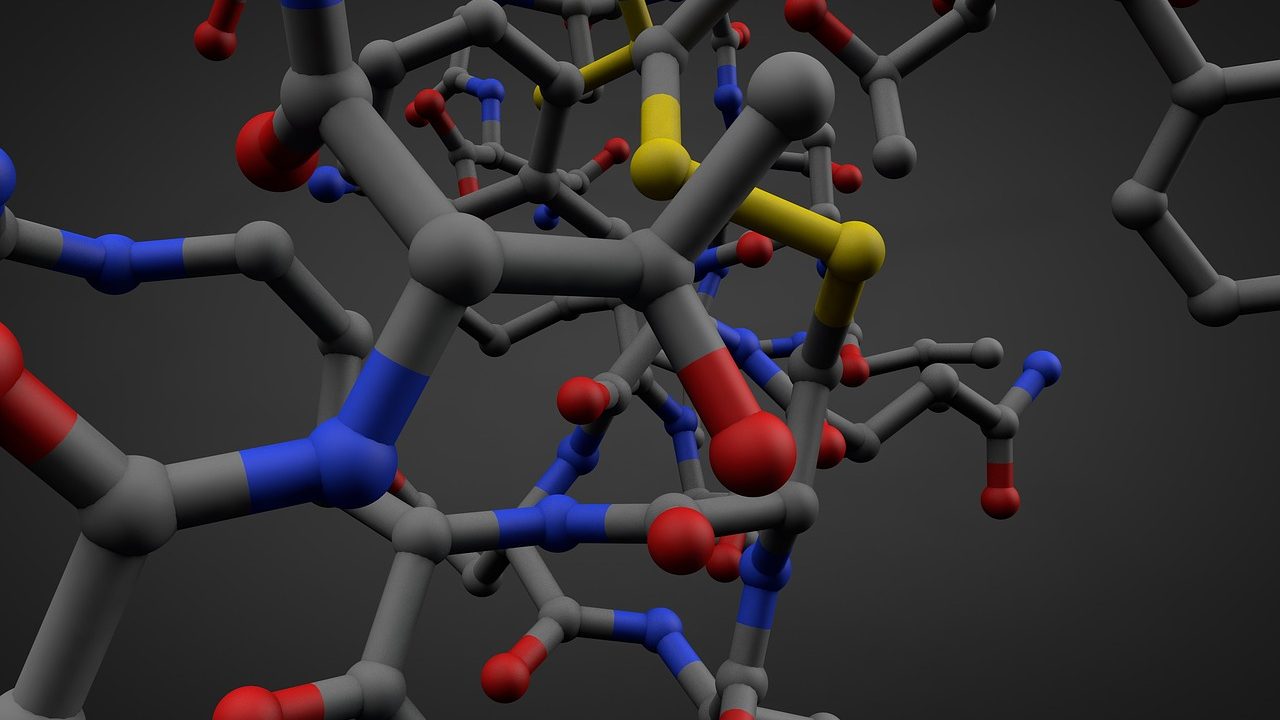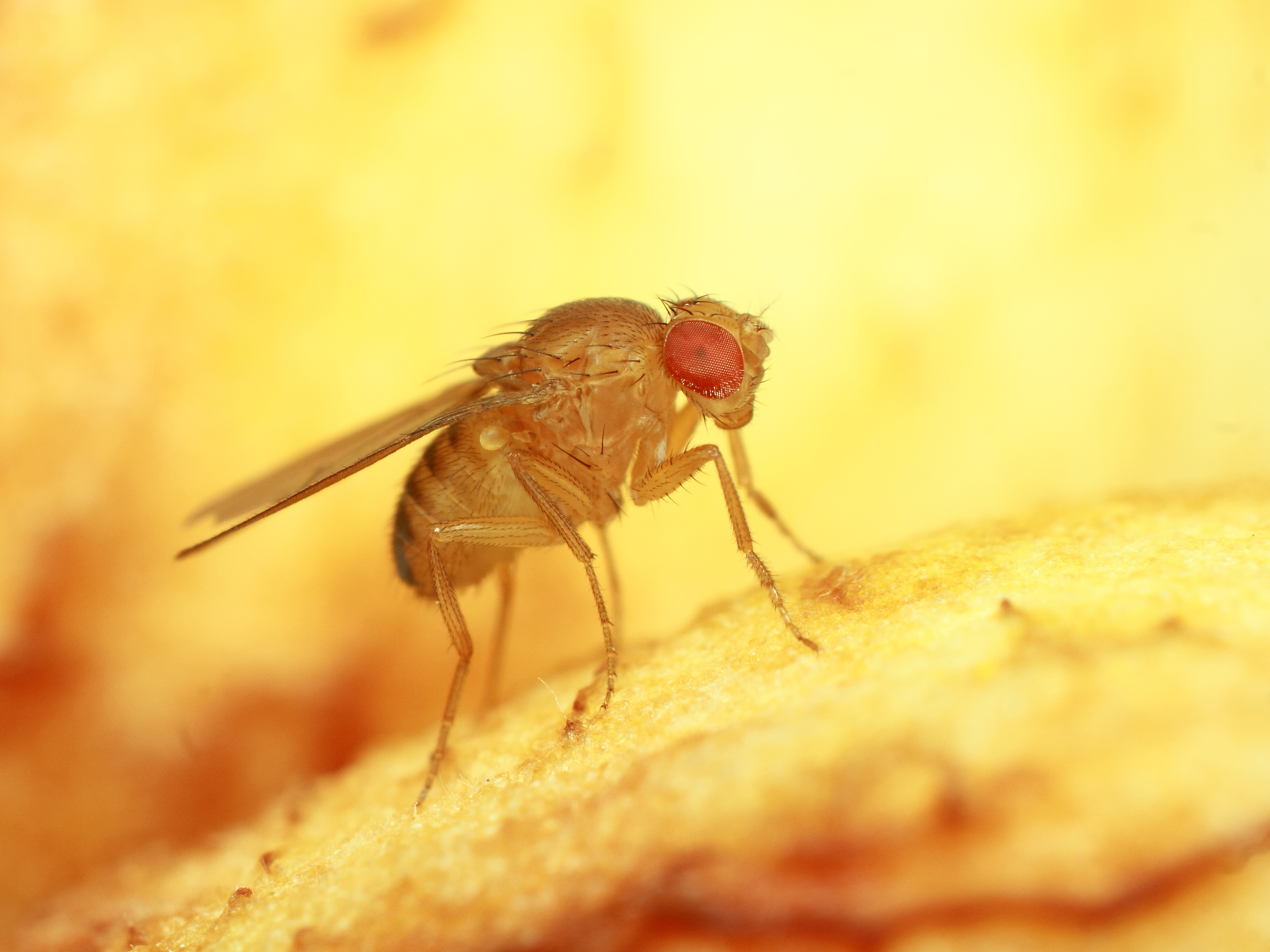
New Polymeric Material Developed for Controlled Release of Two Different Drugs
- News
- 2.2K
A team of researchers at Indian Institute of Technology, Guwahati has developed a biocompatible polymeric material that helps in the simultaneous and extended release of two different drugs from a single platform.
Combination of two or more drugs is increasingly becoming necessary to address drug resistance and treat cancer and neurological disorders. During severe infection, a defence mechanism of the body gets activated at multiple levels and single-molecule drugs can’t control multistage complications.
Providing for extended and controlled release of more than one drug molecule simultaneously is challenging. Materials in use to carry molecules tend to have a high affinity for water. As a result, when a drug is delivered, water molecules in the body infiltrate drug-loaded matrix quickly resulting in fast diffusion and release of drug molecules. The new material developed by the IIT-Guwahati team promises to address this issue.
The new polymer mimics the chemistry and features of lotus leaf which make it repel water. This helps in controlling the rate of infiltration of water molecules and thus allows the release of a drug molecule in a sustained manner.
Speaking to India Science Wire, Dr Uttam Manna, a member of the study team, said, “our study has introduced a new general basis for loading and release of various combinations of bioactive molecules. This approach will eventually help to combat challenges related to improved efficacy of drugs and resistance. We hope such material would be useful in controlling multiple diseases as well”.
The team is in the process of developing an implant for dual and controlled drug delivery using natural polymers.
Besides Dr Manna, the team included Adil M Rather, Arpita Shome, Bibhas K Bhunia, Aparna Panuganti, and Biman B Mandal. The study results have been published in the Journal of Materials Chemistry B. (India Science Wire)
By Ratneshwar Thakur
Journal Article
If you liked this article, then please subscribe to our YouTube Channel for the latest Science & Tech news. You can also find us on Twitter & Facebook.


